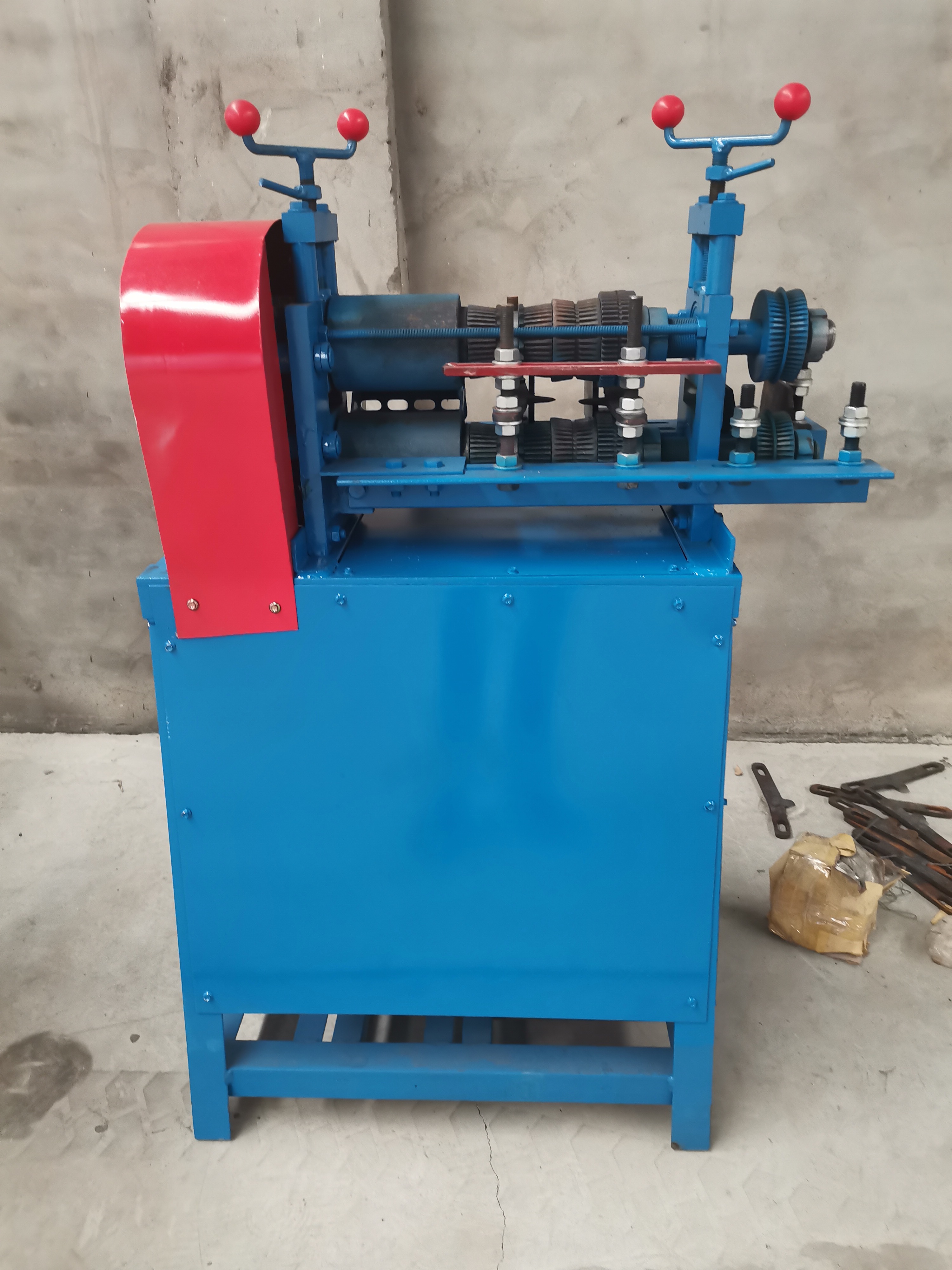

নভে. . 23, 2024 04:24 Back to list
How to Dispose of Old Tube TVs Safely and Responsibly
As technology advances, many households find themselves replacing old tube televisions with modern flat-screen models. While this transition is exciting, it also raises the question of what to do with the old tube TVs that are no longer in use. Proper disposal is crucial not only for environmental reasons but also for ensuring that hazardous materials are managed correctly. Here is a guide on how to dispose of old tube TVs safely and responsibly.
Understanding the Risks
First, it is important to understand what makes tube televisions different from modern TVs. Tube TVs, or cathode-ray tube (CRT) televisions, contain hazardous materials such as lead, barium, and phosphors. These materials can be harmful to both human health and the environment if the TV is not disposed of properly. When broken, CRT glass can leach lead into the soil and waterways, posing significant health risks. Therefore, responsible disposal methods should be prioritized.
Local E-Waste Recycling Programs
The best option for disposing of old tube TVs is to participate in a local electronic waste (e-waste) recycling program. Many municipalities and counties have specific days set aside for e-waste collection. Research your local government’s website or contact your city’s waste management department to find out about the nearest e-waste recycling events. These programs are designed to handle toxic materials and ensure that the components of your tube TV are recycled or disposed of in a manner that minimizes harm to the environment.
Certified Recycling Facilities
If your municipality does not offer pickup or collection events, consider seeking out a certified e-waste recycling facility. These facilities operate under regulations designed to ensure that hazardous waste is processed safely. Before you drop off your TV, confirm that the facility is certified for e-waste handling and inquire about their disposal methods. Many reputable facilities will provide documentation verifying that your TV has been recycled and its components were dealt with appropriately.

Donation Options
If your old tube TV is still functioning and in good condition, consider donating it to a local charity, church, or community center. Some organizations may still accept tube TVs for use in low-income households or as part of educational programs. However, be sure to check whether they have the capacity to accept such donations. Additionally, some thrift stores or second-hand shops may accept them as well. This option allows your old television to have a second life while reducing waste.
Retail Take-Back Programs
Another possibility is to see if the retailer from whom you purchased your new TV offers a trade-in or take-back program. Many electronics retailers have established initiatives to encourage customers to recycle their old devices. When you buy a new TV, they may offer to take the old one off your hands for responsible disposal. Be sure to ask about any fees that might be associated with this service.
Curbside Pickup
While it's generally not advisable to place tube TVs in regular trash due to their hazardous components, some waste management services offer curbside pickup for large electronics. Contact your waste management provider to inquire whether they provide this service and what the associated guidelines are. Some may require you to schedule a pickup or may have specific regulations regarding the types of electronics they will collect.
Conclusion
Disposing of an old tube TV may seem like a daunting task, given the potential hazards involved. However, by taking responsible steps—such as utilizing local e-waste recycling programs, certified recycling facilities, or donation options—you can ensure that your old television is disposed of properly. Always prioritize methods that minimize environmental impact and protect human health. With careful planning and consideration, you can participate in the responsible disposal of electronic waste, making a positive difference in your community and the environment.
Latest news
Troubleshooting Common Eddy Separator Problems
NewsJul.04,2025
The Role of Metal Recycling Plants in Circular Economy
NewsJul.04,2025
The Impact of Recycling Line Pickers on Waste Management Costs
NewsJul.04,2025
Safety Features Every Metal Shredder Should Have
NewsJul.04,2025
How Industrial Shredders Improve Waste Management Systems
NewsJul.04,2025
How Cable Granulators Contribute to Sustainable Recycling
NewsJul.04,2025